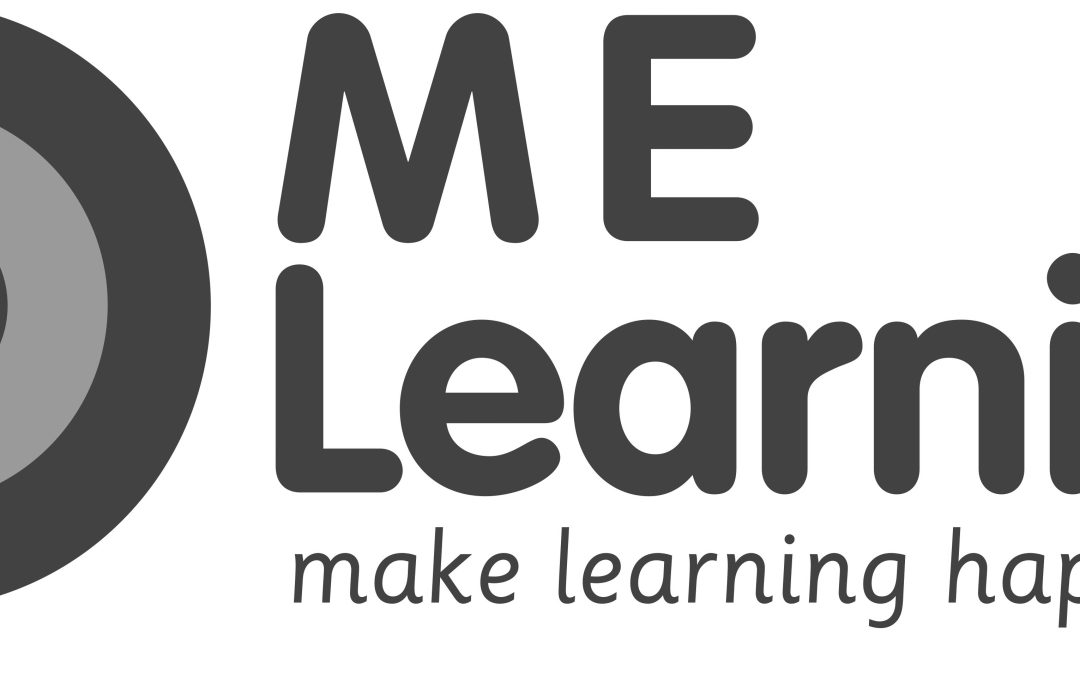Our company offers a variety of products and services, and I felt we needed a parent brand which would care for them and we and clients could relate to.
We chose ME Learning as we foster learning, and are not involved in education.
I’ve written widely on this.
I’ve navigated both traditional education systems and the huge landscape of self-directed learning. I’ve come to appreciate the stark differences between the two. Let me share my thoughts on why learning triumphs over education.
The Constraints of Traditional Education
My time in formal education often felt like a forced march through an assembly line. Schools and universities, with their rigid curricula and standardised testing, seemed more focused on producing uniform outcomes, or an easy way to categorise, than fostering individual potential. The emphasis on rote learning and grades left little room for creativity or independent thought. I was often disengaged, going through the motions without a real sense of purpose or connection to the material. Occasionally something would spark interest, though the view out of the window was often more appealing.
The real world, of course, is anything but standardised. Adaptability, creativity, and problem-solving are key, yet traditional education often fails to nurture these skills. The structure of conventional education can sometimes do more harm than good, stifling the qualities that lead to innovation and personal fulfilment.
The Joy of Lifelong Learning
In contrast, my experiences outside the classroom have been where the most meaningful learning has occurred. Learning, in its purest form, is a lifelong journey that transcends the boundaries of any institution. It’s an adventure fueled by curiosity and a genuine desire to understand the world. And often hanging out with your mates.
I’ve found that the most profound lessons come from real-world experiences, whether through travel, music, writing, professional challenges, and especially the occasional failure. These experiences have taught me more about resilience, creativity, and critical thinking than any textbook ever could. Learning in this way is dynamic and engaging, fostering a deep sense of satisfaction and growth.
Empowerment Through Self-Directed Learning
Self-directed learning has been a game-changer for me. It made a disengaged but talented young boy (as my school reports often described me) a self-reliant, busy, self-made man of achievement.
It’s about making choices, taking control and pursuing topics that truly interest you. Learn where and when you like, with people you like, at your own pace. This autonomy has kept me engaged and fostered a deeper connection to the subjects and disciplines I’m passionate about, and others that practice them.
Without the constraints of a predetermined curriculum, and given the real-life necessities of making a few quid, I’ve been free to ask questions, explore complex issues, and seek answers on my own terms. This process has been incredibly empowering, helping me develop crucial critical thinking and problem-solving skills.
A New Approach
While traditional education has its place, (and certainly not of all it is truly bad, and many do their best despite constraints), much of it deters the creative and curious. We must embrace a more flexible, personalised, portable approach to learning. By valuing curiosity, creativity, and real-world experiences, we can create an environment where learners truly thrive. Formal education should be about more than just passing exams and earning degrees; it should ignite a passion for learning in each individual that lasts a lifetime.
We called the company ME Learning; we call this MY Learning.

